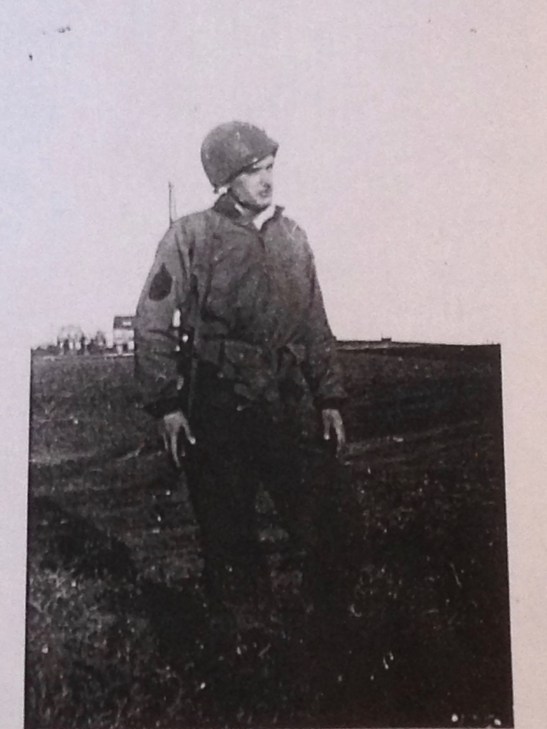There is little controversy in claiming that the Civil War casts a long shadow. Whether you’re a history enthusiast, a reenactor, or even someone who doesn’t study history, it’s hard to completely get away from it. Shifts in political discourse and race relations are the most commonly discussed results of the conflict, but the war also brought about a considerable change in dominant moral philosophies that led to the establishment of several organizations, which continue to enjoy prominence to this day at different institutions of higher learning across the United States.

I speak particularly about Greek letter organizations. You can debate their merit in current times until you’re blue in the face, but that’s not what this is about. The Greek system was directly influenced by the Civil War, and it is that development which I hope to trace. There is, after all, a reason why the span of three decades after the war is commonly referred to as “the golden age of fraternities.” The founders and advocates of Greek letter organizations all cite different interpretations of morality as the inspiration behind their actions, and a general consensus came about in the wake of the Civil War that there were several prevailing moral deficiencies which actively obstructed not only the integrity of individuals, but also the total reunification of the United States. The emergence of several Greek letter organizations after the war, particularly in the South, shows an attempt to aid civic reconciliation by creating societies and orders focused on codes of honor and integrity. Continue reading “A Bid for Brotherhood: The Civil War and the Emergence of the Lexington Triad”

















